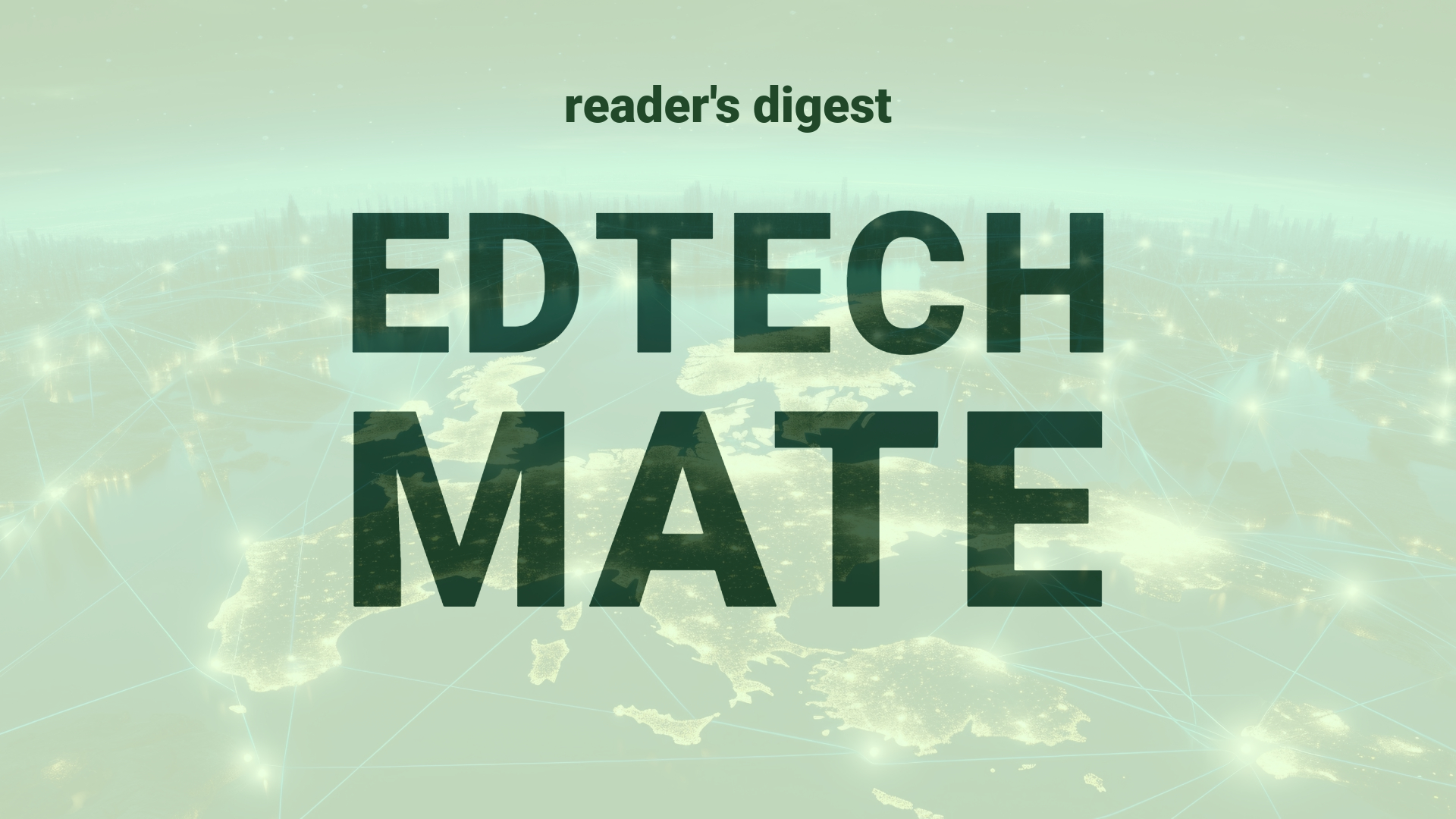Executive Summary and Main Points
This discussion brings to the forefront the crucial role of nuanced self-disclosure in leadership within the educational technology sector. It highlights Lisa Rosh’s insights into the delicate balance that leaders must maintain while sharing personal information, ensuring authenticity without crossing professional boundaries. The main ideas revolve around leadership, organizational culture, business and interpersonal communication, and maintaining authenticity in educational management spaces. These insights are garnered from the HBR IdeaCast episode, “Lead Authentically, Without Oversharing,” and aim at refining leadership communication strategies in a digitally transforming education sector.
Potential Impact in the Education Sector
Professor Rosh’s insights could have profound implications across the education sector, particularly in Further Education and Higher Education, where leaders must engage diverse and often international cohorts. Implementing the right level of self-disclosure can enhance trust amongst faculty and students, fostering stronger educational communities. Moreover, as the industry shifts towards offering Micro-credentials and embracing strategic partnerships, transparent leadership can significantly impact collaborative efforts and the promotion of digital learning environments.
Potential Applicability in the Education Sector
The concepts espoused by Rosh lend themselves to AI-driven personalization and targeted communication strategies within global education systems. Digital tools could help in analyzing the effectiveness of leadership communication, while AI might assist in gauging team sentiment and optimizing self-disclosure practices. Moreover, deploying these principles in remote or blended teaching models could facilitate more connected and responsive educational experiences for students and faculty alike.
Criticism and Potential Shortfalls
While the principles of balanced self-disclosure are critical, they must be navigated with cultural and ethical considerations in mind. Varied cultural norms might interpret self-disclosure differently, leading to potential misalignment in global educational settings. Moreover, reliance on digital tools to guide self-disclosure could raise concerns regarding privacy and data security. Comparative international case studies would provide further understanding of the successful application and potential pitfalls of these practices across different education systems.
Actionable Recommendations
Educational leaders should engage in active listening and empathy training to refine their self-disclosure strategies, tailoring them to the diverse needs of their international cohorts. Additionally, leadership development programs could incorporate modules on ethical self-disclosure, enriched by Rosh’s principles. To keep abreast of digital transformation, institutions might pilot AI tools designed to provide feedback on communication strategies, including the impact of self-disclosure on team dynamics. Strategically, there is an opportunity to integrate these communication techniques into leadership frameworks, fostering a culture of trust and authenticity that aligns with the evolving demands of global higher education.
Source article: https://hbr.org/podcast/2024/05/sharing-personal-information-can-build-trust-on-your-team-if-you-do-it-right

